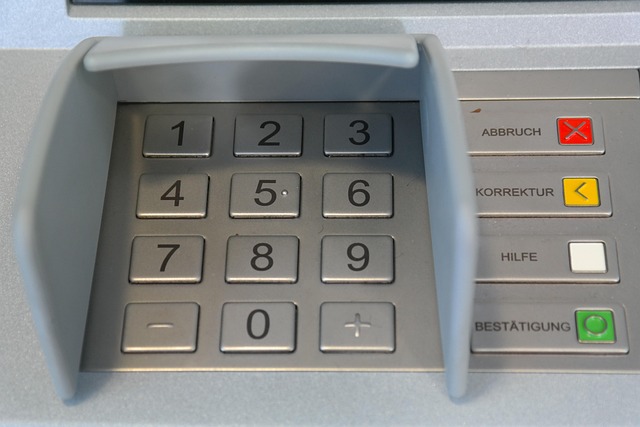Obtaining a Texas title loan license involves adhering to stringent Financial Industry Regulation Authority (SFR) criteria, focusing on financial stability, flexible payments, transparent loan terms, and responsible lending practices. Preparations for an audit include gathering records, understanding scrutinized aspects like interest rates and fees, ensuring compliance with state laws and industry standards, updating internal policies, and demonstrating regulatory adherence. Post-audit, immediate action is crucial to address non-compliance; regular internal audits, staying updated on regulations, and following best practices are essential for ongoing compliance in services like Direct Deposit or Title Pawn.
“Texas title loan license compliance is non-negotiable, with rigorous audits ensuring industry integrity. This article equips lenders with a comprehensive guide to navigate the complexities of Texas title loan regulations. From understanding the foundational license requirements to mastering the audit process and post-audit compliance, we delve into essential strategies for success. By adhering to these practices, lenders can fortify their operations against potential issues, fostering trust and transparency in the Texas lending landscape.”
- Understanding Texas Title Loan License Requirements
- Preparing for the Audit Process
- Post-Audit Actions and Compliance Maintenance
Understanding Texas Title Loan License Requirements

In Texas, the process to obtain a title loan license is stringent and regulated by the state’s Financial Industry Regulation Authority (SFR). Understanding these Texas title loan license requirements is crucial for lenders looking to operate within the state’s financial landscape. The licensing process involves rigorous checks on business entities, owners, managers, and employees to ensure compliance with state laws and consumer protection guidelines. This includes demonstrating a solid understanding of the industry, financial standing, and capability to provide transparent flexible payments and repayment options to borrowers.
Lenders must be well-versed in the various types of title loans offered, interest rates, fees, and the terms under which these loans are provided. They should also have systems in place to ensure responsible lending practices, such as assessing a borrower’s ability to repay, avoiding predatory lending, and providing clear disclosures about all associated costs. Adhering to these Texas title loan license requirements not only facilitates compliance but also positions lenders as financial solutions providers that prioritize the best interests of their borrowers.
Preparing for the Audit Process

Preparing for a Texas title loan license requirements audit is a crucial step to ensure your business complies with all necessary regulations. The process can be intimidating, but with proper planning and documentation, you can smoothly navigate through it. Start by gathering all relevant records, including loan agreements, application forms, and financial statements. Organize these documents in a clear and accessible manner to streamline the audit process.
Understand the specific areas that auditors will scrutinize, such as interest rates, fees, and repayment terms. Ensure that your title loan processes align with state laws and industry standards. Regularly update your internal policies and procedures to reflect any changes in regulations, which will demonstrate your commitment to adhering to the Texas title loan license requirements. This proactive approach not only facilitates the audit but also positions your business as a reliable financial solution provider offering quick funding options.
Post-Audit Actions and Compliance Maintenance

After a Texas Title Loan License Requirements audit, it’s crucial to take immediate action to rectify any identified issues. The first step is to thoroughly review the findings and create a comprehensive plan to address non-compliance areas. This might involve updating policies and procedures, training staff on new or enhanced practices, and implementing necessary technological solutions for improved record-keeping and tracking.
To maintain compliance moving forward, lenders must adopt a proactive approach. Regular internal audits can help identify potential problems early. Additionally, staying updated with Texas state regulations and industry best practices ensures that the business remains in line with legal requirements. Offering services like Direct Deposit or Title Pawn, while popular for their fast cash benefits, require meticulous adherence to guidelines to protect both the lender and borrower from legal complications.
Preparing for a Texas title loan license requirements audit is a proactive step towards ensuring compliance and maintaining a strong financial standing. By understanding the regulations, thoroughly preparing, and taking appropriate post-audit actions, lenders can confidently navigate this process. Regularly reviewing and updating internal procedures in light of changing Texas title loan license requirements is key to long-term success and customer trust.






